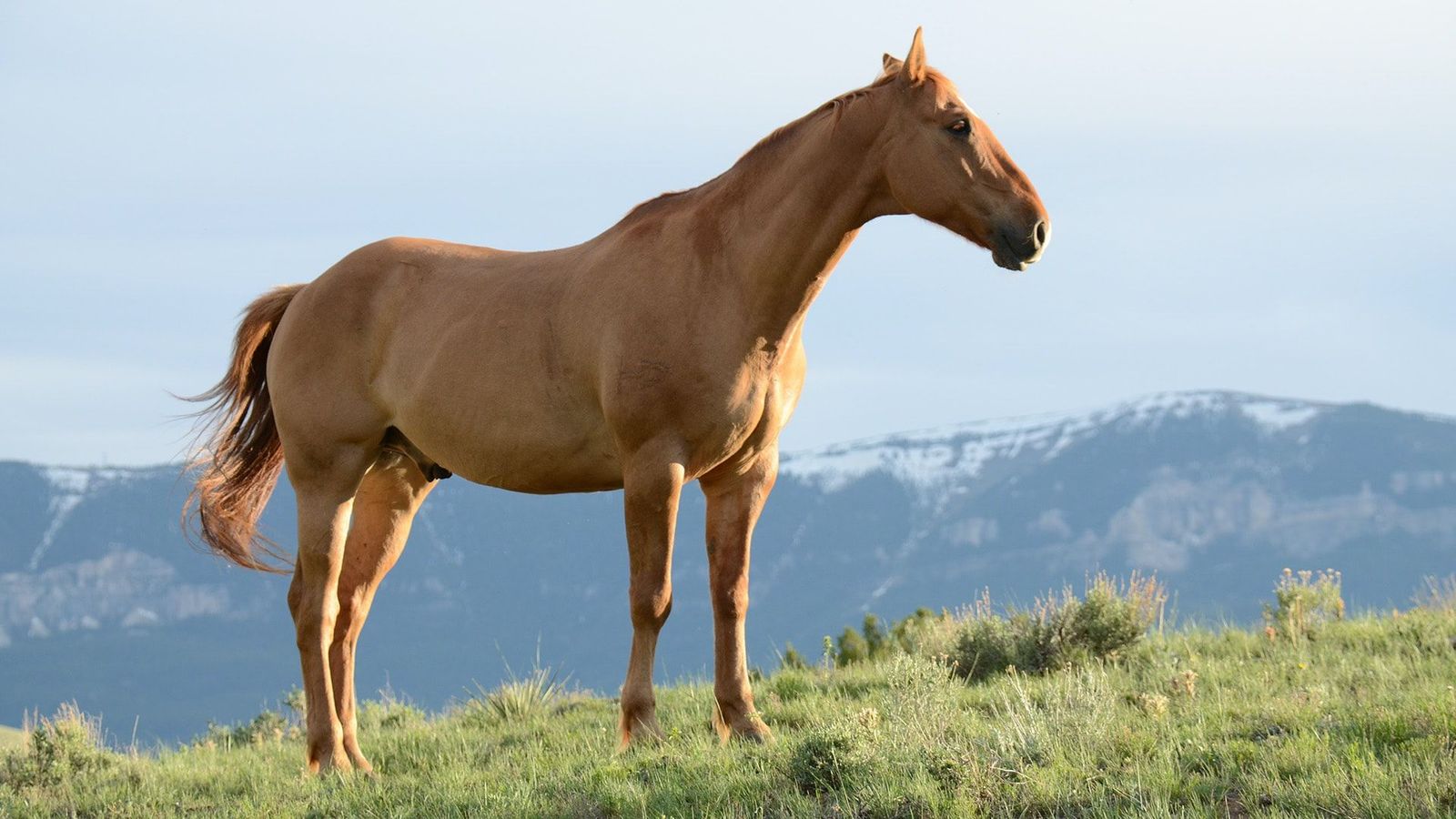West Nile virus disease in horses

Nearing the end of summer and transitioning into fall, mosquitos are still very present, as is the West Nile virus. Mosquitos are not only bothersome to horses because of the excessive biting and itchiness—but they also carry viruses and those viruses can spread to your horses.
What is the West Nile virus?
The virus that causes West Nile disease uses mosquitoes to spread to humans and horses. The infection becomes especially problematic in North America during the warm months of June to October when mosquitoes tend to thrive. Mosquitoes are especially abundant in typical horse environments, such as fields with lakes and ponds or barns. With a death rate in horses of 33%, it is crucial to do everything you can to prevent your animal from contracting this virus.
How to prevent WNV disease
The best ways to prevent your horse from contracting West Nile virus disease are vaccination and taking some simple steps to minimize mosquito exposure.
Vaccination
Appropriate use of the WNV vaccine is the most efficient way to reduce the risk of this potentially fatal disease. The best protocol for vaccinating an individual horse can vary. It’s best to have this important preventive health procedure performed by your veterinarian to ensure that it is administered correctly. While vaccines for WNV are available over-the-counter, it’s important to know that these products don’t come with any guarantee that they’ve been handled as needed throughout shipment and storage. Inappropriate storage, handling, or administration of a vaccine can make it ineffective. An effective vaccination plan is critical to protect your horse against this potentially deadly disease.
The initial vaccination series requires two doses given 4-6 weeks apart with boosters given at least annually each spring, before the start of mosquito season. According to the American Association of Equine Practitioners (AAEP), the West Nile Virus vaccine is very effective at preventing the disease.
Daily Care
There are simple strategies that horse owners can implement into their everyday routine to reduce the risk of WNV by making mosquitos less welcome around your horses. Put these measures in place to help prevent West Nile virus from infecting your horses:
- Always have fresh and clean water for horses to drink.
- Do not let stagnant water pool around your property for mosquitoes to breed in, such as old tires or tarps that collect rainwater.
- Keep weeds trimmed around ponds or ditches to help fish, birds, and bats hunt mosquito larvae.
- Avoid riding at dawn and dusk because mosquitos are the most active during those times.
- Use an equine fly sheet or an equine-approved insect repellent daily to reduce the number of mosquito bites your horse gets.
Signs of WNV infection
Especially during mosquito season, horse owners should watch for these symptoms of WNV infection:
Mild symptoms
- Loss of appetite
- Decreased energy
Severe symptoms (Neurological)
- Stumbling
- Incoordination
- Wobbling
- Weakness
- Partial paralysis
- Muscle twitching
- Inability to stand
Some animals infected with WNV do not experience any signs of illness at all, while the virus leads to potentially fatal inflammation of the brain and spinal cord in others.
Infected horses that develop illness show neurologic signs, such as trouble walking and stumbling, especially of the hind limbs, and twitching, especially on the face, neck, or trunk. Many horses also exhibit behavioral changes, like hyperreactivity or depression. In severe cases horses progress to recumbency (being unable to rise), paralysis, coma, and death.
The symptoms of WNV disease can be caused by other illnesses or injuries, so veterinary care is necessary to make an official diagnosis.
Is West Nile virus disease contagious?
Horses cannot spread the West Nile virus to other horses or humans. Therefore, infected horses can continue to live together.
Many nervous system diseases cause similar symptoms. However, not all pose the same threat as West Nile virus disease. To learn more about protecting your horses during mosquito season, reach out for a virtual care appointment with a licensed veterinarian.










